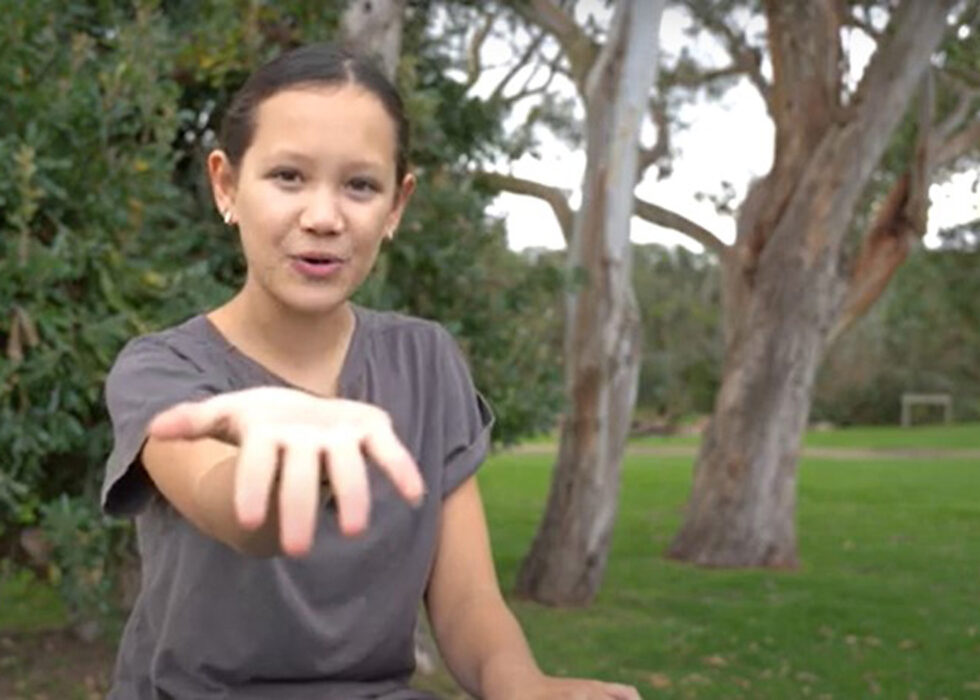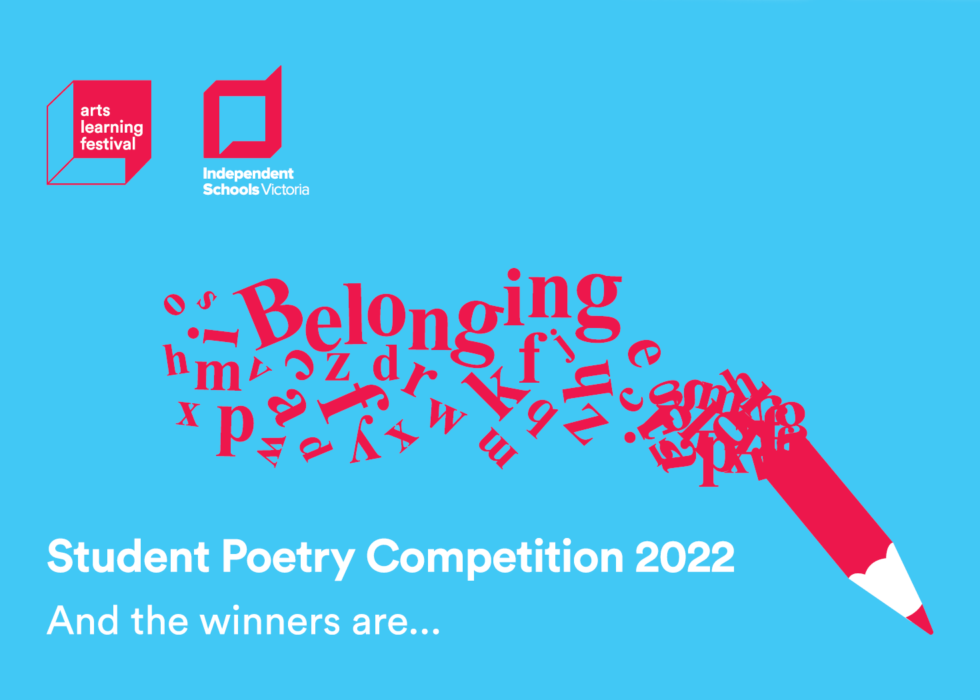
Looking to inspire your students? Here are some brief notes to support students to navigate the theme for this year’s Student Poetry Competition: Journeys.
Our 2023 theme is ‘Journeys’. If students don’t pursue this topic, we will willingly accept other topics, written from the heart.
Clearly teachers and parents are a critical element in helping aspiring poets participate in the competition. Hopefully these brief notes will support you to help students navigate ‘Journeys’. Naturally, individual perspectives will be of value. Poems can be submitted in either the written or performance form. Click here for some guidance on performance poetry.
Simply, ‘Journeys’ suggests travelling from one place to another, a trip, an adventure, a voyage or an expedition.
Journeys are an integral part of many popular nursery rhymes such as ‘Jack and Jill’, ‘Row, Row your Boat’ or ‘A Sailor went to Sea, Sea, Sea’.
Then there is the little boy in Katherine Mansfield’s poem, ‘A Little Boy’s Dream’ who went to and fro across the ocean, while the train in R L Stevenson’s poem ‘From a Railway Carriage’ went ‘faster than fairies, faster than witches’. Many will also remember ‘The Owl and the Pussy Cat’ who both headed off in their pea green boat.
Ralph Waldo Emerson is credited with the quote ‘Life is a journey, not a destination’ and Winnie the Pooh declared ‘Life is a journey to be experienced, not a problem to be solved’.
Words such as these encourage us to embrace life and all it offers. Each one of us goes through different tests which may be unique and challenging. The adventures on a figurative journey towards a goal are the things that are often more memorable and exciting than the goal itself. In other words, it is the things we do along the way that show our true character.
Michelle Obama said the journey doesn’t end. ‘It isn’t about arriving somewhere or achieving a certain aim. I see it instead as forward motion, a means of evolving, a way to reach continuously towards a better self’.
So, journeys don’t have to be physical. Journeys are often used as a metaphorical figure of speech, representing for example, adventure, struggle and change. We use sayings such as ‘the journey was a walk in the park’ or ‘the journey was a climb’. As an aside, we can make these metaphors into similes simply by adding ‘like’. The journey was like a walk in the park.
Metaphors are commonly used in poetry because poems are meant to impart complex images and feelings to the reader. They allow poets to convey vivid imagery poignantly. Collectively, metaphors not only help people describe and make sense of their lives but can create connection and empathy and serve as a source of encouragement, motivation and gratitude.
Journey metaphors enable poets to communicate ideas of choice and chance, struggle and search, departure and discovery. Billy Joel once said, ‘I am no longer afraid of becoming lost, because the journey back always reveals something new and that is ultimately good for the artist.’ Departure and discovery are highlighted here.
Departure and discovery are also highlighted in ‘Little Gidding’ where T S Eliot wrote:
‘We shall not cease from exploration
And the end of all our exploring
Will be to arrive where we started
And know the place for the first time.’
Earlier in ‘Little Gidding’ he writes:
‘What we call the beginning is often the end
And to make an end is to make a beginning.
The end is where we start from.’
Similar sentiments are found in R S Thomas’ poem ‘Arrival’:
‘A traveller
with the moon’s halo
above him, whom has arrived
after long journeying where he
began, catching this
one truth by surprise
that there is everything to look forward to.’
Lastly, let’s think of the writer and spoken word poet Hani Abdile who was forced to leave her family behind, journey to Australia and build a new life after fleeing war-torn Somalia alone at 17.
Hani found her voice in the Christmas Island Detention Centre, healing through poetry and declaring ‘No-one leaves the garden of their birth unless they have to’.
Hani believes the only weapon that could heal your heart was poetry. She goes on to say ‘every writer that you’ve ever met will tell you there is nothing more beautiful than to have in your hand a pen and a paper … they are the greatest things’.
We now invite all young poets to hold a pen and a piece of paper in their hands, revel in the experience and conjure up a poem, to submit to our competition.

